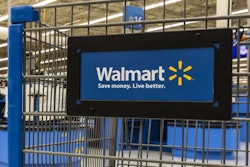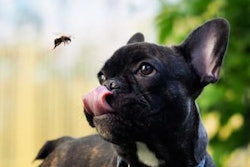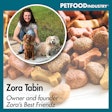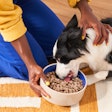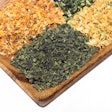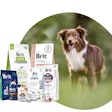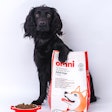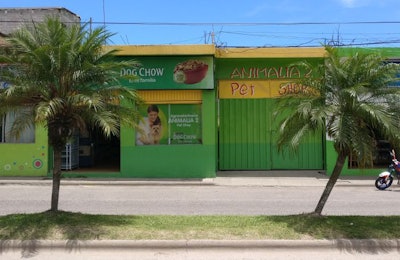
As in other Latin American pet food markets, Honduran pet specialty retailers have noticed pronounced growth in demand for dog, cat and other pet foods. Likewise, the demand for high-protein dog and cat foods accompanied the rise of pet humanization, especially among millennials.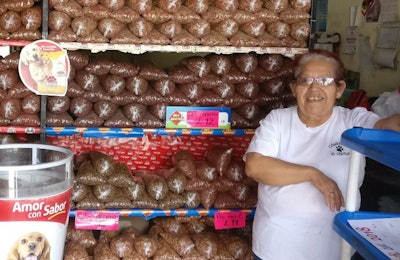
Now, people hardly ever give their pets just leftover tortillas, said Francisca Amaya, owner of pet specialty store Comercial El Centro in Siguatepeque, Honduras. She has seen demand for high-protein, vitamin-enriched dog and cat food grow dramatically since she started her business in 2006. She thinks this trend will continue, as long as the Honduran economy allows it.
The owner of Animalia, another pet specialty retailer in Siguatepeque, agreed. In the past two decades that Alfredo Lainez-Guzman has been selling pet food, he’s noticed a strong increase in sales.
“It’s a good business,” he said. “People now take good care of their pets, before not so much.”
There are two main segments to the Honduran pet food market, he said. One set of pet owners focuses on high protein pet foods, which his store specializes in, while the other group buys less expensive varieties. However, both segments are at least giving kibble to their pets.
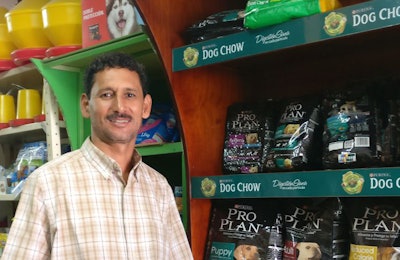
“I hope people keep buying more high quality pet foods,” said Amaya. “Some of the lower quality foods are just to fill the dog up, but lack nutrition and vitamins.”
Humanization and other trends in the Honduran pet food market
As in many other nations, pet owners in their twenties tend to pamper their pets more and buy those higher quality foods, said Lainez-Guzman’s daughter Maria Jose, who runs Animalia’s second location. However, she’s noticed the humanization trend among older clients too.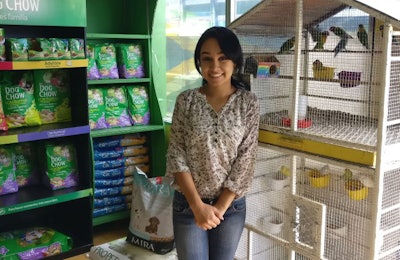
“We have clients who treat their dogs like their children,” she said, “and we’ve had many new clients like that.”
Some of these pet food buyers don’t have children, live alone or come from other countries, she said. Pets are a refuge for them.
Her own family owns five dogs, two horses, two turtles, two Guinea pigs and two cats.
“All of them are family,” she said.
Pet food brands on the Honduran market
Many of Amaya’s clients buy dog, cat and bird food by the pound, since it is easier to afford that way, she said. One-pound bags of cat food range from 23 Lempiras (HNL) for Gati up to HNL38 for Purina Cat Chow.
Amaya carries dog foods from several Central American nations, along with domestic products and imports from the United States and Mexico. Fiel Amigo is made in Honduran dog food, made from beef, chicken and vegetables. Dog Star and Pet Master are also made in Honduras. Sabueso dog food comes from El Salvador, while ProPet arrives from Costa Rica.
By the pound, dog foods range from HNL11 for Sabueso to HNL17 for Pet Master. However, she does sell Rufo, a Guatemalan brand, in bags of up to 100 pounds for HNL1,000. A 66-pound bag of ProPet sells for 1,050 Lempiras.
In Animalia, Purina brands are the most popular, said Lainez-Guzman. Purina Pro Plan accounts for 90 percent of his high-protein dog food sales, and the brand enjoys strong demand. He also sells Purina Dog Chow.
In mass market retailers, many of the same brands are available. At the supermarket El Corral in downtown Siguatepeque, Pet Master, Dogui, Sabueso and Fiel Amigo are all sold alongside Purina Pedigree, ProPlan and Dog Chow.




